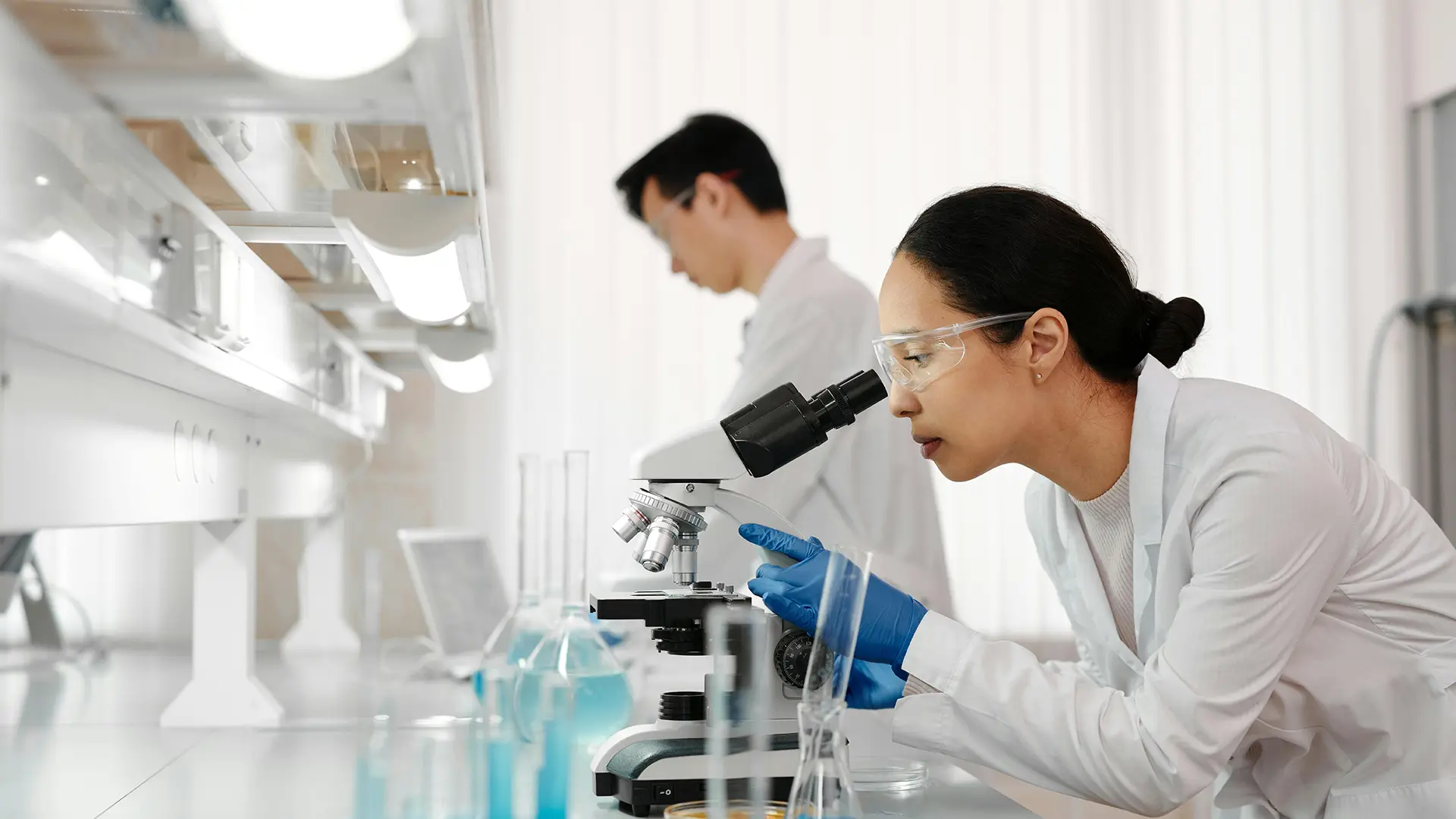Trending: Here are some Business Statistics and Trends to know

Life sciences research has become increasingly vital in our understanding of biology, medicine, and the environment. As new technologies and methodologies emerge, the need for accuracy and efficiency in research processes cannot be overstated. Enhancing these two components significantly contributes to meaningful results and accelerates the pace of scientific discovery.
This article delves into various strategies for improving accuracy and efficiency in life sciences research, focusing on technological advancements, proper laboratory practices, and the importance of ongoing training and development for researchers.
Embracing Technological Advancements
The integration of advanced technology plays a significant role in improving accuracy in life sciences research. Tools such as high-throughput screening, automation, and data analysis software help streamline processes and minimize human error. One prominent example is the use of fluorescence plate readers that allow researchers to analyze multiple samples simultaneously, thus increasing throughput and reducing the time needed for data collection.
Accurate measurements provided by devices such as BMG LABTECH ensure that results are reliable and reproducible, an indispensable aspect of credible research. Investing in sophisticated imaging technologies, such as confocal microscopy and genetic sequencing platforms, enhances the precision of data.
These technologies enable researchers to visualize complex biological processes and interactions at the molecular level, facilitating a deeper understanding of cellular mechanisms. The combination of accuracy and efficiency resulting from technological advancements benefits the research team and contributes to broader scientific knowledge.
Standardizing Laboratory Protocols
Implementing standardized protocols across laboratory processes can significantly enhance research accuracy.
Established guidelines ensure that experiments are conducted under consistent conditions, reducing variability in results. Standard operating procedures (SOPs) play a crucial role in promoting consistent methodologies. When researchers adhere to these guidelines, it minimizes the likelihood of errors and discrepancies in data, resulting in higher quality outcomes.
Another aspect of standardization includes proper calibration of instruments. Regularly calibrating equipment ensures the accuracy of measurements, while routine maintenance helps address potential issues before they affect results.
Researchers should keep detailed records of all experiments, including variables manipulated, equipment used, and any observations made. These records facilitate traceability and reproducibility, key elements of a robust research framework.
Utilizing Quality Control Measures
Incorporating quality control measures into research workflows is vital for enhancing accuracy and efficiency. Quality control techniques include incorporating control samples and duplicates in experiments, allowing researchers to monitor the reliability of their data.
These measures can identify sources of error during experiments, and by understanding where these inaccuracies occur, researchers can refine their methods accordingly. Utilizing statistical analysis to assess data can provide insights into potential biases or errors present. By employing rigorous statistical assessments, such as control charts, researchers can evaluate the normalcy and variability of their data.
This critical analysis informs necessary adjustments to methodologies, leading to improved accuracy and reliability. Implementing quality control processes within laboratories cultivates a culture of accountability, improving research integrity.
Training and Ongoing Education
Sending researchers to training workshops or online courses promotes ongoing education, fostering an environment that prioritizes accuracy and efficiency.
Staying updated on the latest developments in life sciences ensures that researchers are equipped with the most relevant and effective methods. Training programs focusing on best laboratory practices, data management, and analytical techniques bolster individual skills and contribute to the overall performance of the research team.
Facilitating opportunities for collaboration among researchers enhances skill development and accelerates learning. Team members can share expertise, encouraging innovation and knowledge diffusion within the group. By establishing a community that values continuous learning, laboratories can elevate their overall research outcomes while maintaining a focus on both accuracy and efficiency.
Leveraging Data Management Systems
Implementing efficient data management systems is crucial for enhancing research efficiency. Comprehensive data management solutions offer centralized storage for experimental data, ensuring easy access and retrieval.
Such systems benefit research teams by streamlining data analysis, allowing researchers to focus on interpreting results rather than searching for information. The ability to visualize data in meaningful ways, such as through dashboards or analytical reports, facilitates more efficient decision-making and aids in communicating findings to both team members and external stakeholders.
These systems often incorporate tools for data protection and security, safeguarding research integrity and ensuring compliance with regulatory requirements. As a result, a well-structured data management system increases efficiency and serves as a cornerstone for maintaining accuracy in all research endeavors.
Collaborative Research Efforts
The complexity of contemporary scientific inquiries often necessitates collaboration among various research groups and disciplines. Joint investigations can yield comprehensive insights that improve both accuracy and efficiency in research. Collaborations allow researchers to pool resources, share expertise, and tackle challenges collectively. Partnering with organizations that specialize in specific technologies, such as advanced sequencing facilities or statistical analysis labs, can lead to groundbreaking discoveries and innovations in methodologies.
Interdisciplinary collaborations encourage the application of diverse perspectives, offering alternative approaches to problem-solving. This rich exchange of ideas can trigger innovative experiments, yielding more accurate and efficient results. Engaging with external partners can open avenues for funding opportunities and access to additional technology, further enhancing the capabilities of research teams.
Enhancing accuracy and efficiency in life sciences research requires a multifaceted approach, embracing new technologies, standardizing protocols, incorporating quality control, promoting ongoing education, leveraging data management systems, pursuing collaborations, and maintaining ethical standards. By implementing these strategies, researchers can significantly improve their contributions to science and foster advancements that lead to better health and environmental outcomes.


